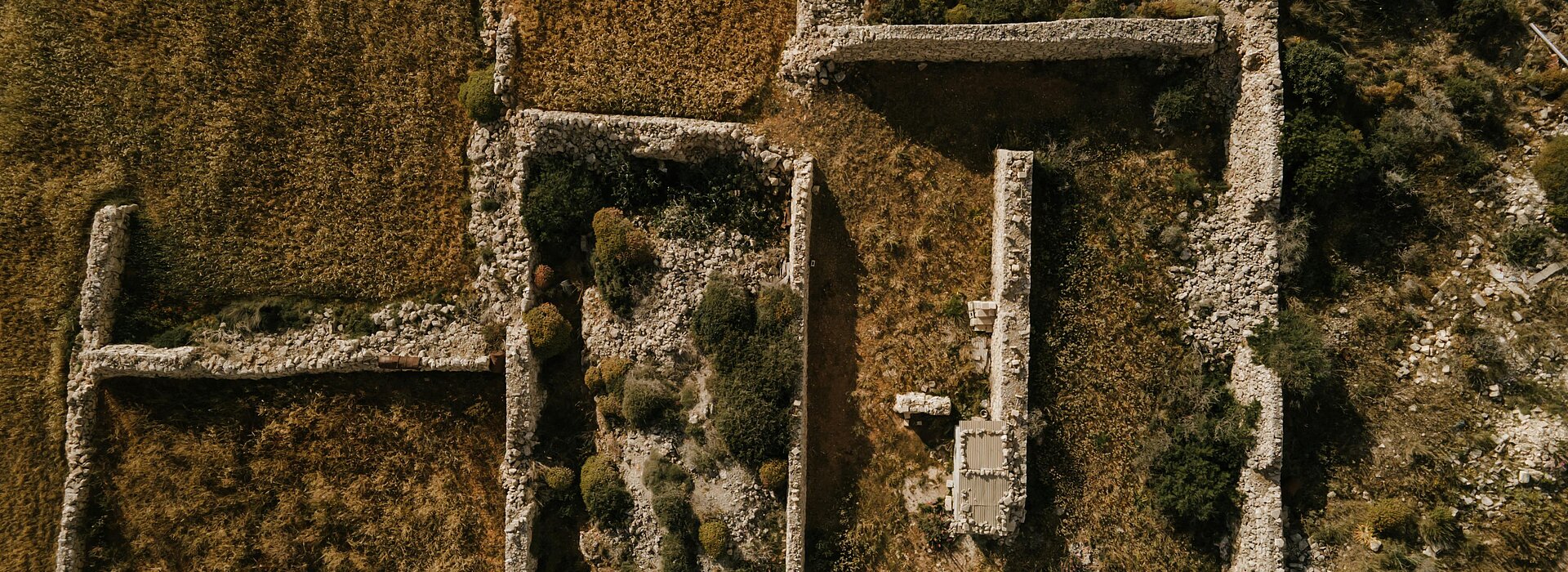The Laboratory of Design Strategies (Labstrategy) announces a pioneering research initiative delving into the depths of archaeological territories in Latin America. Titled Estratégias Projetuais para Formulação de Escenários Temporais, Método Aplicado Em Territórios Arqueológicos Na América Latina (Design Strategies for the Formulation of Temporal Scenarios, Method Applied in Archaeological Territories in Latin America) the study examines emblematic cases, including Ilha do Governador in Rio de Janeiro - Brazil, Ciudad de Arica in Chile, Ciudad Perdida de Tayrona in Colombia, Copan Ruins in Honduras, and Uxmal and Xkalupocoh / Nohpat in the Yucatán Peninsula, Mexico.
The lab is maintained by the School of Architecture and Urbanism (FAU) of Mackenzie Presbyterian University (MPU) and is led by Professor Carlos Andrés. The objective is to develop methods and experiments that promote design strategies, using diagrams that can be applied in urban territories and port areas undergoing degradation, allowing for the creation of new urban designs.
According to Professor Carlos Andrés, several partnerships have already been established with the governments of countries such as Chile, Colombia, Ecuador, the Dominican Republic, and Panama. Additionally, the project has been recognized by the Rio+UN Center, which may lead to more partnerships.
"The work we’ve been doing has had a positive impact on MPU since 2013, both in the scope of international relations, in the improvement of teaching, in applied research, resulting from extensions, actions, or solutions for real situations in civil society," points out Professor Carlos Andrés.
For the professor, the project also contributes to Mackenzie's education and training. "This endeavor is integrated with academic activities that are directly related to the classroom."
This archaeological study, representing a collaboration among several partner universities, stands out not only for its innovative approach but also for its formative impact. This semester, MPU students will be engaged in field activities in several of the mentioned locations, with the first scheduled for March 22 in Rio de Janeiro, followed by others in July. Additionally, activities with students in Honduras and Guatemala are planned for July, as detailed in the workshop schedule and agenda available on the laboratory's website. These activities provide a unique opportunity for students to engage in international research and collaborate on initiatives incubated by the group.
![Universidade Presbiteriana Mackenzie [Universidade Presbiteriana Mackenzie]](/fileadmin/CONFIGURACOES/DEFAULT_21/Resources/Public/Template/img/logo/universidade_mack_v2.svg)
